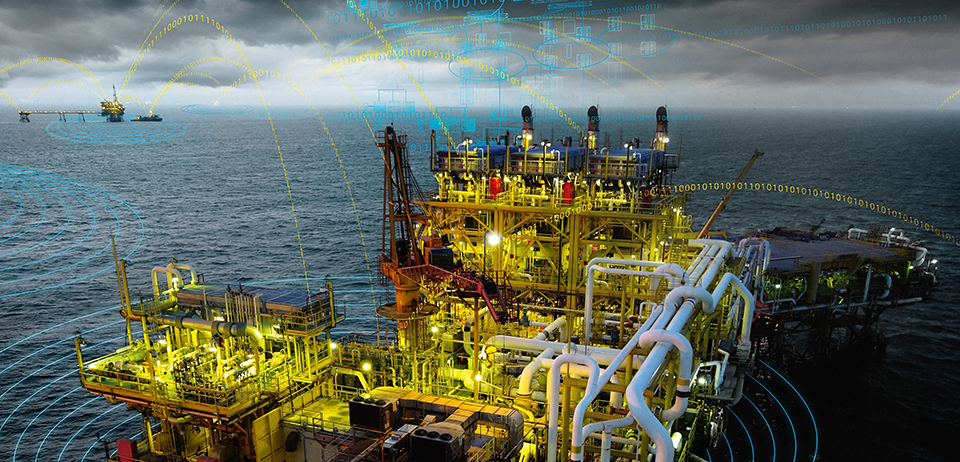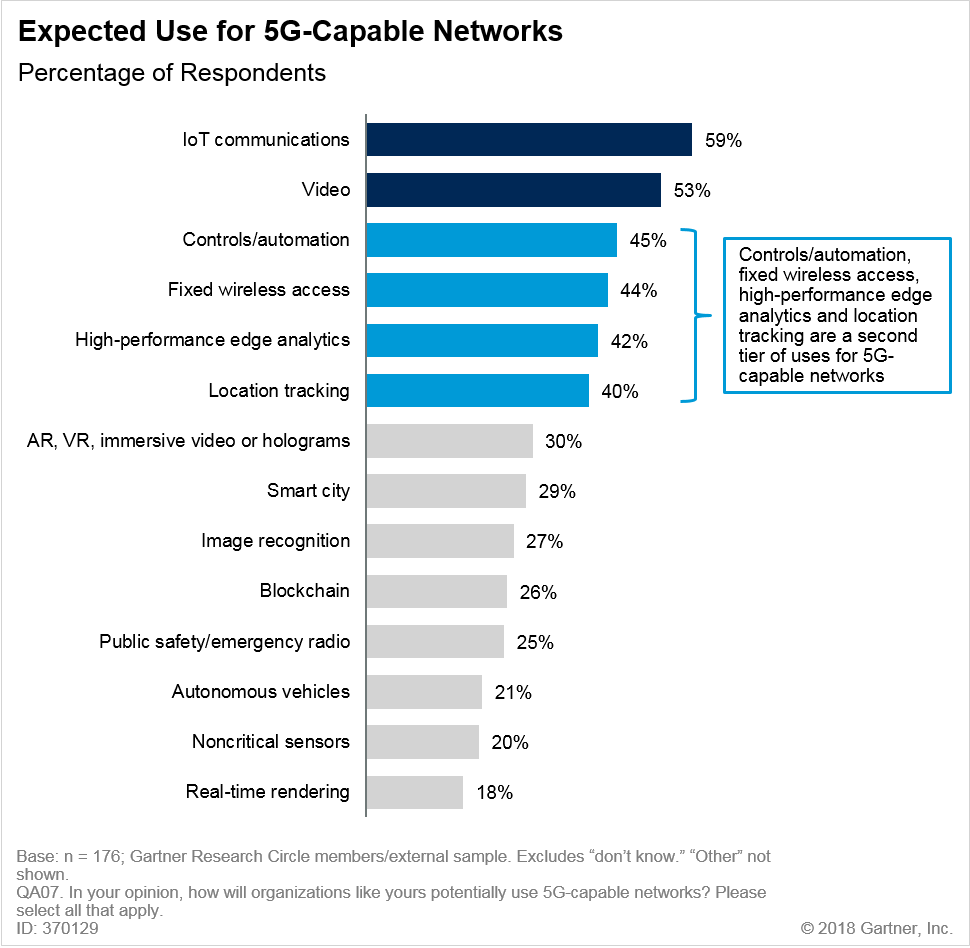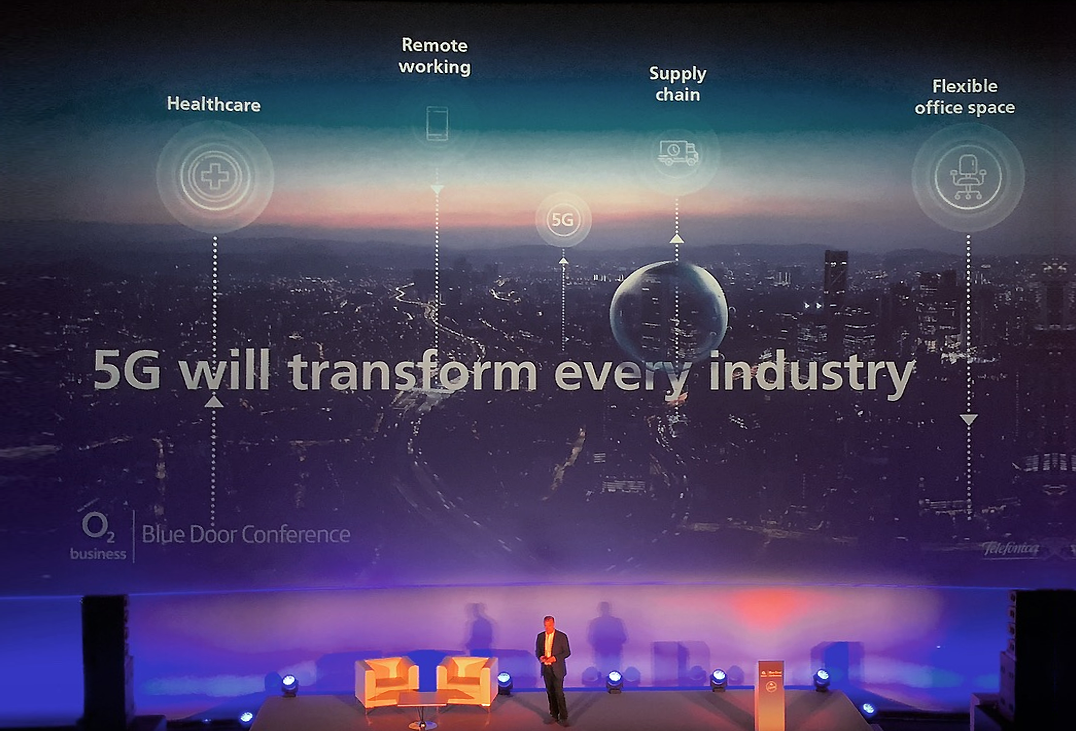What Does 5G Mean for the Oil & Gas and Engineering Industries?
5G Communication in the Oil & Gas Industry
In an effort to meet the increased demand for Oil & Gas, exploration is expected to push further from the shore, increasing isolation and the dependence on network communications for project staff. Daily requirements of offshore exploration includes large data transfer, logistics and supply of equipment – areas which will benefit from faster and more reliable communication.

Under current methods, Oil & Gas exploration involves communicating via a number of very expensive satellite links, each vessel depending on this satellite requires links of their own, with each link costing up to $15,000 per month to run. It is also worth noting that these links provide voice communication only, excluding scope for large data transfer, video and internet connectivity, and have a very limited range.
Engineering company Doosan’s new 5G Excavator Project leads the way
While the benefits of 5G technology are largely seen as faster internet speeds and transfer of data, some companies are already finding new practical uses for 5G, particularly within remote communication.
The benefits of 5G remote communication are evident in a new 5G excavator project being led by engineering company Doosan, who are the first manufacturer to use 5G technology for worldwide ‘TeleOperation’ of construction machines.
Coining the term ‘TeleOperation’, Doosan recently debuted their amazing use of 5G tech; which enabled the remote operation a 40 tonne crawler excavator located in South Korea, over 8500km away from the operator’s booth in Munich, Germany.
Take a look at Doosan’s 5G ‘TeleOperation’ in action here:
Raising concerns over 5G cyber security
When asked about their expected use of 5G-capable networks, over half of respondents responded that ‘IoT communications’, with many also intending to use the technology for location tracking and fixed wireless access.

Why is 5G important to businesses?

What does this mean for IT security and infrastructure professionals?
“The advent of 5G adoption is an exciting one for the technology industry but it doesn’t come without concern for businesses worldwide. Many firms across the construction and energy sectors are being urged to adopt ‘5G enabled’ technology in their networks, under the promise of increased efficiency and network reliability.
“5G technology is still in it’s infancy within the construction and energy sectors. With such high safety risks involved in their projects, many firms are analysing the IT security of their existing networks and prioritise the strengthening of their cybersecurity defences, before looking to introduce 5G into the mix. It’s an exciting time to be working in the IT industry.”
Making the call on 5G – What should businesses do?
To discuss your IT requirements, contact our IT recruitment manager Kevin Riley on +44 (0)1925 909243 or e-mail kevin.riley@firstrg.com
